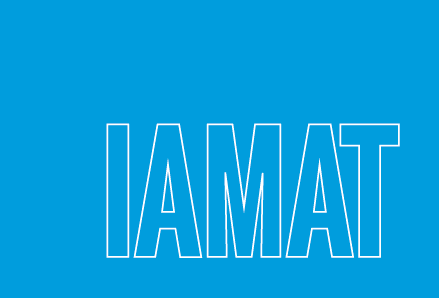Malaria infection continues to be the biggest health threat to travellers going to malaria endemic countries. As travellers, we are equipped with knowledge about prevention methods, the geographic distribution of malaria, and we also have access to prophylactic medication and bed net protection.
But what about people living in malaria areas? As we take a moment to consider World Malaria Day on April 25, there are mixed reviews regarding the state of malaria control and eradication initiati
Decade to Roll Back Malaria
This year marks the end of the ‘Decade to Roll Back Malaria’ declared by the United Nations. While progress has been made, this preventable disease continues to infect between 250 – 350 million people every year where 90 percent of deaths occur in Africa. Ray Chambers, the UN Secretary General Special Envoy for Malaria, estimates that as many as one million children died of malaria in 2009.
The toll of malaria on human lives is staggering. This preventable disease also affects national economies trying to pull out of systemic poverty and taxes already weakened health systems. Since malaria affects mostly children, school absenteeism is a very common and according to Freedom From Hunger, families spend up to 1/3 of their income on malaria prevention and treatment.
During the past 10 years there has been a concerted effort on the part of malaria endemic countries, development agencies, community-based organizations, foundations, and research institutions to fund research and implement public health policies focusing on malaria control and eradication. The Global Malaria Action Plan, coordinated by the UN-led Roll Back Malaria Partnership, aims to provide universal protection by the end of 2010 and decrease the number of fatalities to near zero by 2015.
In last week’s Africa Update, the Partnership states that between 2004 and 2009 malaria-related funding increased by 10 times to almost $1.8 billion in 2009, the production of insecticide treated bed nets increased by five times to 150 million, and anti-malarial medications purchases increased by 30 times to 160 million. Despite this, the group says that global funding still falls short of the $6 billion needed every year to combat the disease.
Popular fund raising campaigns by groups like Malaria No More and Nothing But Nets have also greatly increased awareness about the disease. However, distributing more bed nets is only part of the solution. Malaria cannot be eradicated if the challenges on the ground persist.
Drug and Insecticide Resistance
In recent years, we’ve seen multi-drug resistance to malaria medications especially in Southeast Asia and Africa. Mosquitoes are also evolving to resist indoor residual spraying.
Bed Net Production and Distribution
Bed nets need to be re-treated periodically with insecticides for lasting protection. Continued and reliable access to new bed nets or insecticides treatment solutions for older bed nets poses a challenge, especially for people living in remote communities. Bed nets should also be tailored according to the type of housing such as collapsible and self standing ones. And ultimately, they need to be used correctly and consistently to be effective.
Improved Housing
A significant way to reduce bites of the night-time biting Anopheles mosquito is ensuring that people have adequate housing with screened windows and doors. Modern indoor plumbing and sanitation will also reduce mosquito breeding in open latrines and gutters.
Access to Healthcare
The need for improved health infrastructures, access to affordable and quality care, as well as training more doctors and nurses to properly diagnose malaria are key to treating the disease. Moreover, newer drugs used to treat malaria are often not available in developing countries because they are too expensive.
Counterfeit and Expired Medications
The proliferation of fake malaria medication (experts believe that as much as 40 percent of all drugs – not only anti-malarials – sold in Africa are counterfeit) and the continued use of outdated drugs are a setback to preventing and treating malaria.
Environmental Changes
Deforestation, agricultural production, irrigation, and infrastructure development such as building dams, roads and pipelines all contribute to increased mosquito breeding sites. Climate change too, is responsible for spreading malaria to higher altitudes and to more northern and southern latitudes.
Corruption
Border control, transportation and warehousing infrastructures are often impediments to the efficient distribution of medications and bed nets, sometimes not reaching the people who need it most.
Malaria education
Ultimately, the key to the control and eradication of malaria is direct community involvement (with the support of the international community) in health education, treatment of infected persons, implementing effective mosquito control measures, improved housing, and research.
There are many malaria education initiatives out there, large and small. One campaign that has come to our attention recently is Millions Against Malaria. In May, Tim Pryse and Ken Evers will fly around the world to increase awareness on malaria and raise $1 million for two charities providing health development and support in remote communities, the Australian Foundation for the Peoples of Asia and the Pacific and Mission Aviation Fellowship.
If you are travelling, IAMAT provides detailed information about malaria risk and protection measures. The 2010 editions of the World Malaria Risk Chart and How To Protect Yourself Against Malaria are now available. You can also find information about malaria on our website. Our popular free-standing, light weight LaMosquette bed net is also available at cost for $130 (shipping included).
UPDATE: The LaMosquette bed net is no longer available. If you are looking to purchase a mosquito bed net, please contact us for a list of bed nets sold by travel and outdoor retailers.



